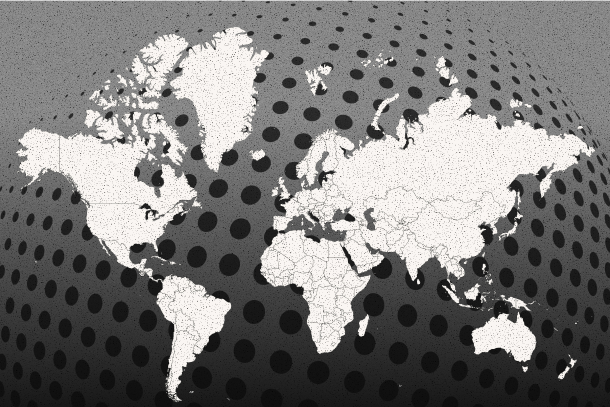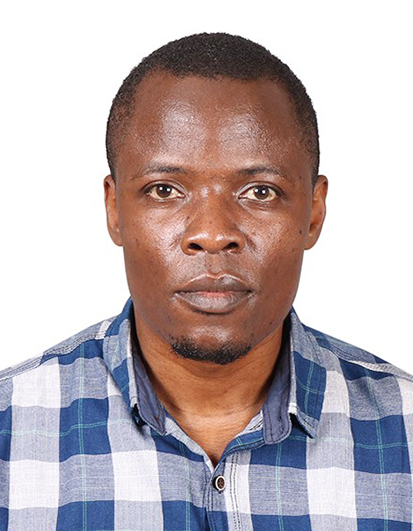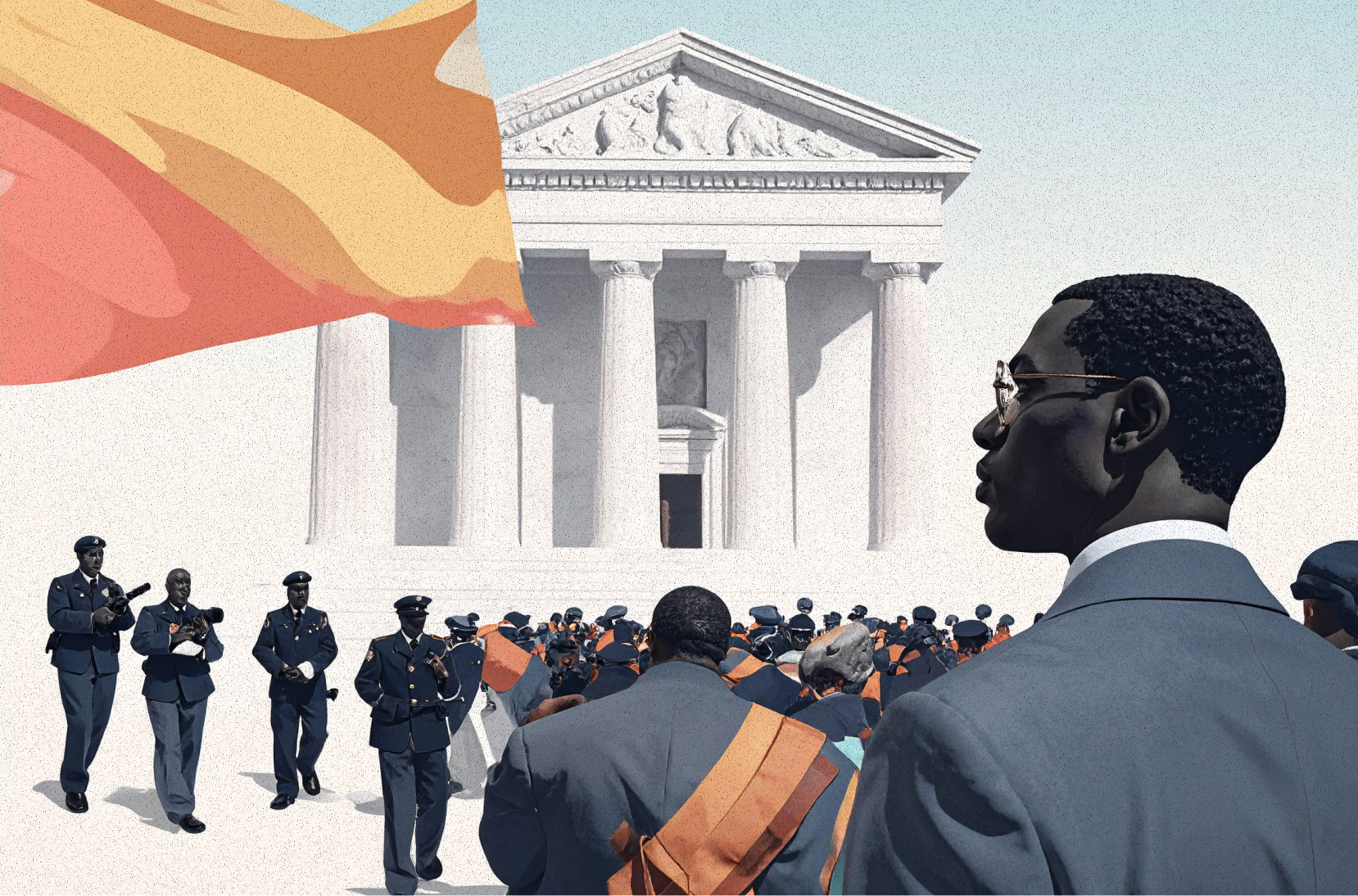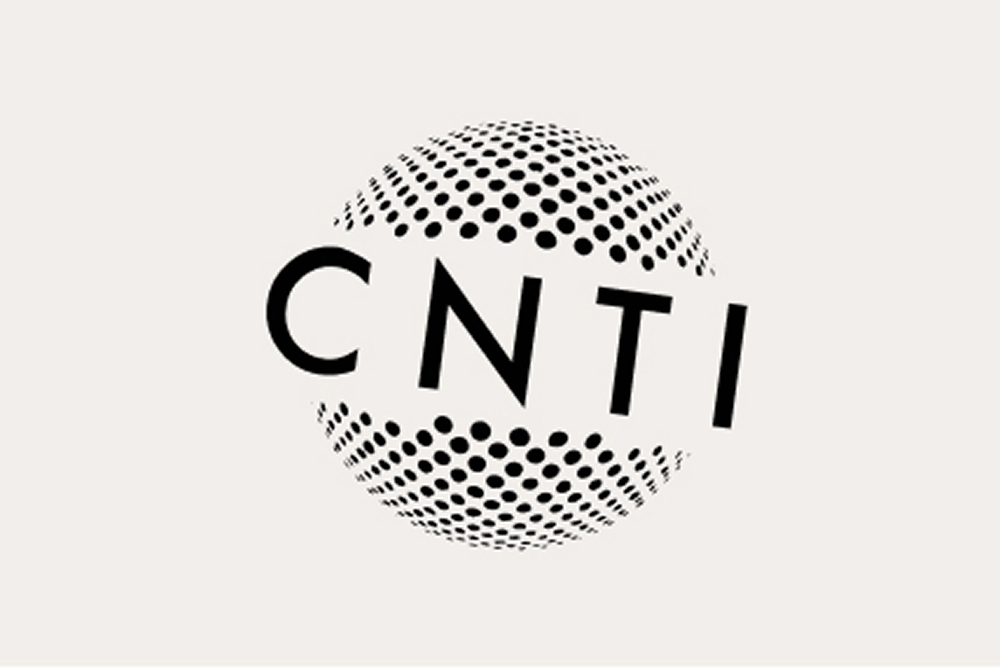Editor’s Note
This essay is part of CNTI’s “Letters from the Field” series, in which journalists from around the world share their experiences reporting in restrictive spaces and share advice for journalists in the U.S.
In the face of escalating global challenges, journalism remains one of the last bastions of truth and accountability. As we navigate a world filled with disinformation, political polarization and rising authoritarianism, journalists must rise to the occasion with courage and resilience. This is a defining moment for the press, particularly in the United States, where the responsibility to uphold democratic principles is more critical today.
Not so long ago, I conducted an in-depth investigation into election-related disinformation in Kenya and Nigeria. I experienced firsthand the perils and pressures of the journalism profession. My work revealed the involvement of powerful politicians in orchestrating disinformation campaigns through well-established troll companies, a discovery that came at a personal cost. Threats and intimidation became part of my daily life for several months. One particularly harrowing encounter involved a source who was, in reality, an informant for a politician — this person issued a direct and in-person threat intended to silence me. Nevertheless, I remained resolute, driven by my belief in the power of truth.
My experience is not unique. Journalists across the globe are encountering growing hostility as they work to hold those in power accountable. The American press is at a critical juncture, grappling with eroding public trust, rampant misinformation and a highly polarized political environment. Yet, these obstacles also present a chance for the U.S. media to reestablish itself and reaffirm its vital role of truth-telling. During times of political turmoil, like the one America is experiencing, people often look for a savior or an alternative leader, and journalists, through bold and truthful reporting, are uniquely positioned to fill this gap.
Letters From the Field
From Afghanistan and Nigeria to Ukraine, journalists speak of exile, legacy, and resilience. Read their stories, insights, and calls to action.

The media landscape in the U.S. is fraught with obstacles. Journalists are subjected to harassment and relentless attempts to undermine their credibility. The erosion of trust in media institutions has left many Americans searching for clarity in a time of unprecedented social and political upheaval. Despite these hurdles, there is a demand for authentic and courageous journalism, indicating it’s an opportune moment for those in the field, as there are compelling stories to be uncovered.
Americans are confronting challenges to democratic norms that many have never encountered before. This moment demands that journalists rise above partisanship and remain steadfast in their commitment to truth.
An Authoritarian Playbook
In May, I participated in the Global Democracy Conference held at Notre Dame University in Washington, D.C. The conversation centered on the issue of democratic backsliding, which has been documented in several countries over the past decade. A key topic was the rise of an “authoritarian playbook,” a collection of strategies employed by autocratic leaders in both transitional and established democracies. These strategies include politicizing independent institutions, spreading disinformation, inciting violence and silencing dissent.
I have noticed some of these strategies being applied by the Donald Trump administration during the early stages of his second presidency, as well as by President William Ruto in Kenya, alongside other populist leaders across the Global South. More recently, aspects of this playbook have begun to surface in the actions of President Samia Suluhu of Tanzania. Such practices pose a significant risk to individual liberties and fundamentally erode democratic values.
In Kenya, I have observed how autocratic regimes, led by former President Uhuru Kenyatta and his successor, Ruto, have employed similar tactics to centralize power and weaken democratic protections. These tactics include suppressing the media, sidelining civil organizations, undermining the judiciary and controlling educational systems to restrict academic freedom.
These measures are designed to dismantle institutional checks and balances, evade accountability and control public discourse. The overarching objective is to secure dominance and silence dissent.
As a result, Kenya has a rigid environment where opposition voices and critical inquiry are stifled, hindering the growth of democratic principles and transparency. Political domination is widespread, often obscured by populist messages and nationalistic rhetoric. Gradually, this methodology has concentrated power at the top, creating an atmosphere of fear, self-censorship and social division, which undermines resistance efforts and challenges to the government’s actions and intentions.
In such a repressive environment, the role of journalists becomes increasingly crucial.
However, being a journalist in these circumstances often comes with significant personal sacrifices. Reporters face emotional strain and sometimes experience depression as they expose the darker aspects of society. They are frequently subjected to attacks, abuse, mockery and hostility, even from those whose rights and interests they strive to defend.
I have both encountered this and witnessed it happen to my peers. Nevertheless, perseverance is essential. Our mission — to inform citizens and hold those in power accountable — is vital for the health and integrity of society.
As a journalist, I have closely observed the gradual decline of press freedom in my region. In Kenya, although freedom of the press is constitutionally protected, it faces significant threats from both political interference and economic challenges. Over the past decade, the administrations of Presidents Ruto and Kenyatta have displayed little tolerance for critical reporting.
Several indicators highlight this intolerance, including public threats from senior government officials aimed at independent media, the forced resignations of prominent journalists and restrictions on journalistic coverage. Such restrictions include barring press access to significant events, enforcing media blackouts and prohibiting live broadcasts. Additionally, economic policies have intensified these pressures, with the Ruto administration awarding exclusive publication deals to a state-aligned newspaper while terminating advertising contracts with independent outlets perceived as unsupportive of the government’s agenda. Together, these measures seek to exert control over the media landscape, jeopardizing its independence and undermining its integrity.
Despite these challenges, many Kenyan journalists have demonstrated remarkable resilience, continuing to produce impactful stories for the public. Significantly, trust in the Kenyan press remains relatively strong, with 66% of Kenyans expressing confidence in the media, contrasting sharply with the government, which has only 38% trust. This situation is particularly noteworthy when compared to countries like the U.S., where public trust in journalism has significantly declined in recent years. Kenya exemplifies how journalism, through an unwavering commitment to truth and accountability, can endure and shape society even in restrictive and challenging environments.
The Road Ahead for American Journalism
The U.S. boasts some of the world’s most skilled journalists and renowned news organizations — vital pillars of democracy that demand protection. In today’s polarized climate, journalists must champion truth, rising above partisanship to deliver impartial, accountability-driven reporting.
Holding power accountable should never be mistaken for advancing a political agenda; it is a service to the public good. For generations, journalism has empowered citizens and upheld democratic values. Now, more than ever, fearless reporting is essential.
American journalists face immense challenges, from threats to attempts to suppress the truth. This moment calls for unwavering determination, resilience and a steadfast commitment to journalistic integrity.
The path forward is demanding but essential. With courage as your compass, journalism must fulfill its mission: exposing power’s misuse and enlightening the public. In a time of turbulence, this work serves as democracy’s lifeline, shaping a brighter, informed future for generations.
James Okong’o is a multi-award-winning journalist and digital investigations specialist currently working as an independent contractor, and a 2025 Neiman Fellow at Harvard University. With years of experience in media and communications at international, regional and national levels, he is recognized for his expertise in Africa’s digital spaces, disinformation and open-source intelligence (OSINT). Okong’o has worked with leading organizations such as AFP News Agency and Code For Africa. He has also written articles for the Nieman Reports and the Poynter Institute. Additionally, he holds advanced degrees in communications and digital journalism from Daystar University and Aga Khan University. He is known for his creative and adaptable approach to reporting on political, humanitarian and development issues across Africa.
Share



